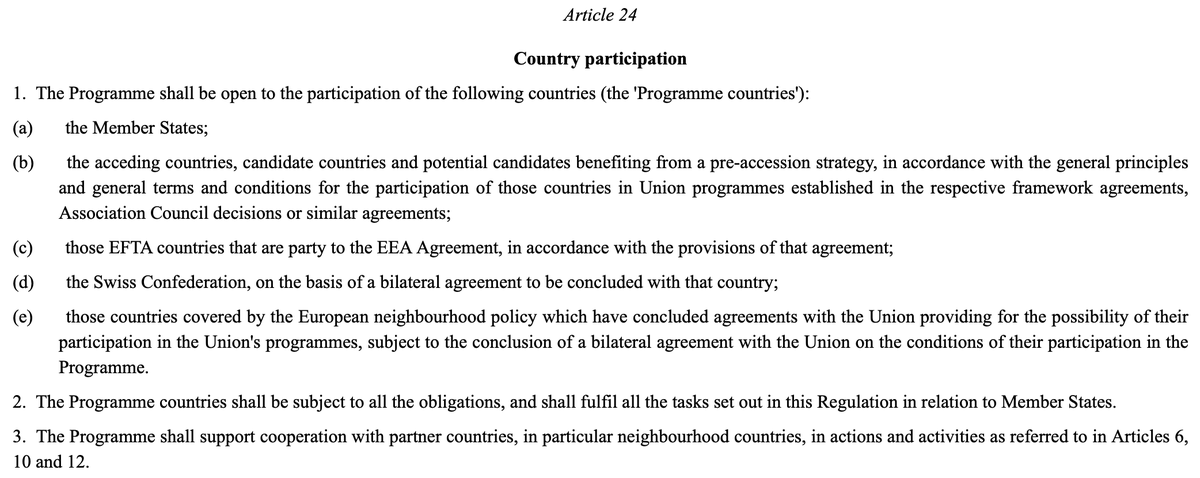Listening to Michel Barnier on @franceinter on the state of the negotiations. British wants ‘best of both worlds’, EU wants ‘fairness’. Notes the personal attacks on him in UK press for 4 years. Other things to spend energy on that articles in (notably) the Telegraph.
‘The rules are simple - if the UK has WTO terms .. there will be a lot of disruption. 47% of UK goods go to Europe’. Asked re UK ‘intransigence’: the regulatory freedom cannot convert into dumping. Notes rhetoric on ‘vassal state’. Regrets Brexit as a patriotic French-European.
Barnier: Johnson himself signed the non regression clause in the PD on social front etc.
And now the latest news re domestic law from last night - do it respect the WA? ‘It’s a press article... we spent day and night on NI’ notes the importance of peace process and number of deaths in Troubles. Peace + defence of single market the priority.
And now fish? Why so important if only 0.1% GDP? Barnier: I understand as ex Fisheries Minister. Important issue for many MS. Question of good faith - want to work together, our position is clear.
Phone in questions: why UK so difficult? Barnier - conciliatory tone, UK has agreed to things (eg budget) and UK will always be a partner in Europe. Reminds that deal on fish part of a trade deal EU-UK. Consequences on no deal are significant, despite what Johnson says.
Presenter: ‘after dealing with the British for 4 years, how do you still have patience?’ (!) Barnier: ‘there are reasonable people who want Brexit but others - like Farage - who want to do us harm’.
• • •
Missing some Tweet in this thread? You can try to
force a refresh





